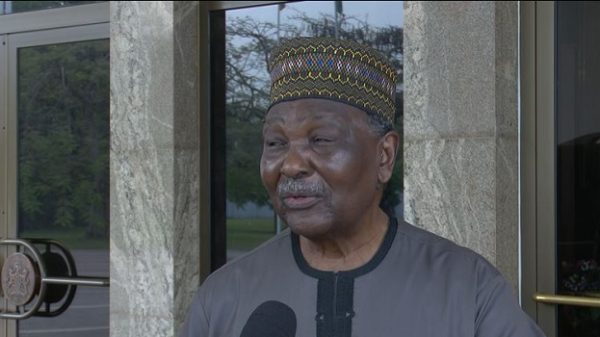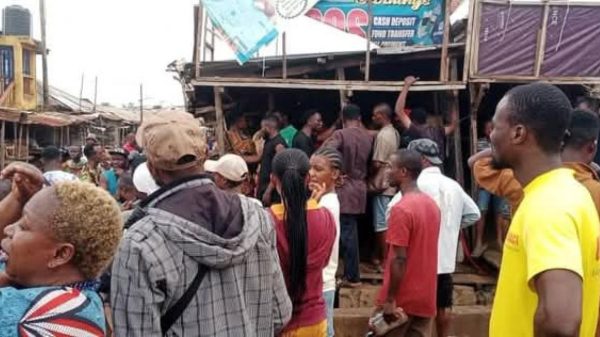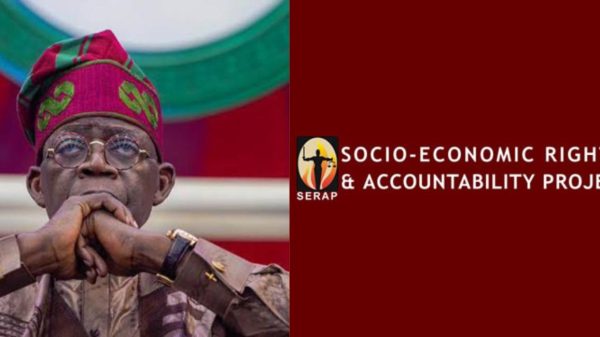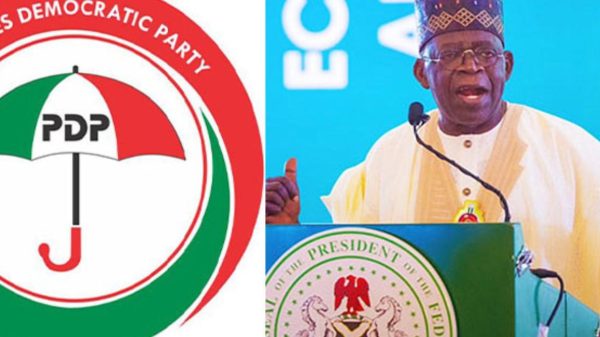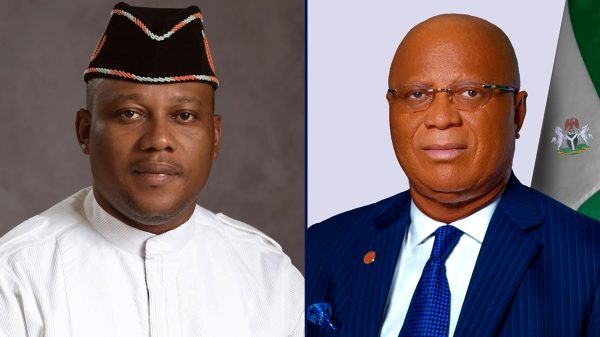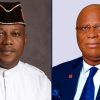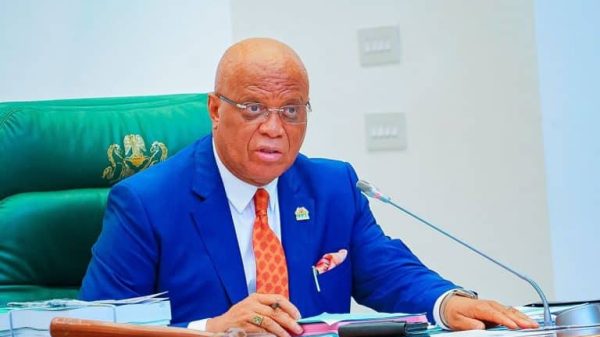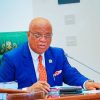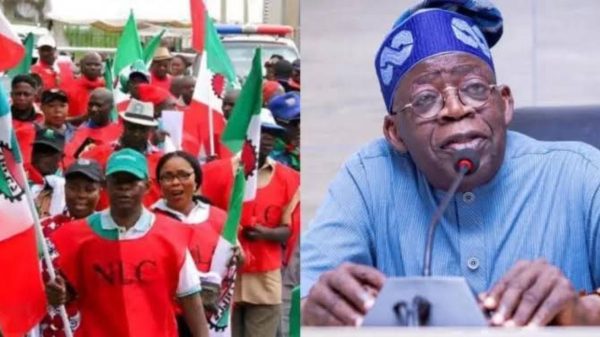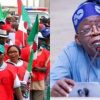The Supreme Court of Nigeria has dismissed appeals filed by the Rivers State Attorney General and the Speaker of the State House of Assembly, allowing the Economic and Financial Crimes Commission (EFCC) to investigate former Rivers State Governor, Peter Odili.
A five-member panel led by Justice John Okoro delivered the ruling on Monday, March 10, 2025. The court upheld the Court of Appeal’s decision, which permitted the EFCC to challenge a 2007 perpetual injunction that had previously barred it from probing Odili’s administration.
Odili, who governed Rivers State from 1999 to 2007, secured the injunction from the Federal High Court in Port Harcourt. This ruling prevented the EFCC from investigating, arresting, or prosecuting him, and restricted scrutiny of the state’s financial activities during his tenure. The anti-graft agency has been trying to overturn this legal protection since 2008 but faced multiple legal hurdles.
In 2018, the Court of Appeal granted the EFCC permission to appeal the ruling. However, the Rivers State Attorney General and the Speaker of the House of Assembly challenged this decision at the Supreme Court, seeking to nullify the appellate court’s ruling.
During Monday’s proceedings, Justice Okoro questioned the nature of the appeal, describing it as interlocutory and unsuitable for Supreme Court adjudication at this stage. The appellants’ lawyer, S.A. Somiari (SAN), argued that the case challenged the Court of Appeal’s decision to allow the EFCC to proceed with its appeal. However, Justice Okoro advised that the matter should return to the appellate court for a substantive hearing before reaching the Supreme Court.
Recognizing the court’s stance, Somiari withdrew the appeal. The EFCC’s legal team, led by Abubakar Mahmud (SAN), alongside Sylvanus Tahir (SAN) and B.O. Obialo, did not object. Consequently, the Supreme Court dismissed the case.
Justice Okoro further ruled that a separate but similar appeal filed by the Speaker of the Rivers State House of Assembly was also dismissed on the same grounds.
With this ruling, the EFCC now has the legal backing to proceed with its investigation into Odili’s tenure, marking a significant development in Nigeria’s ongoing anti-corruption efforts.



